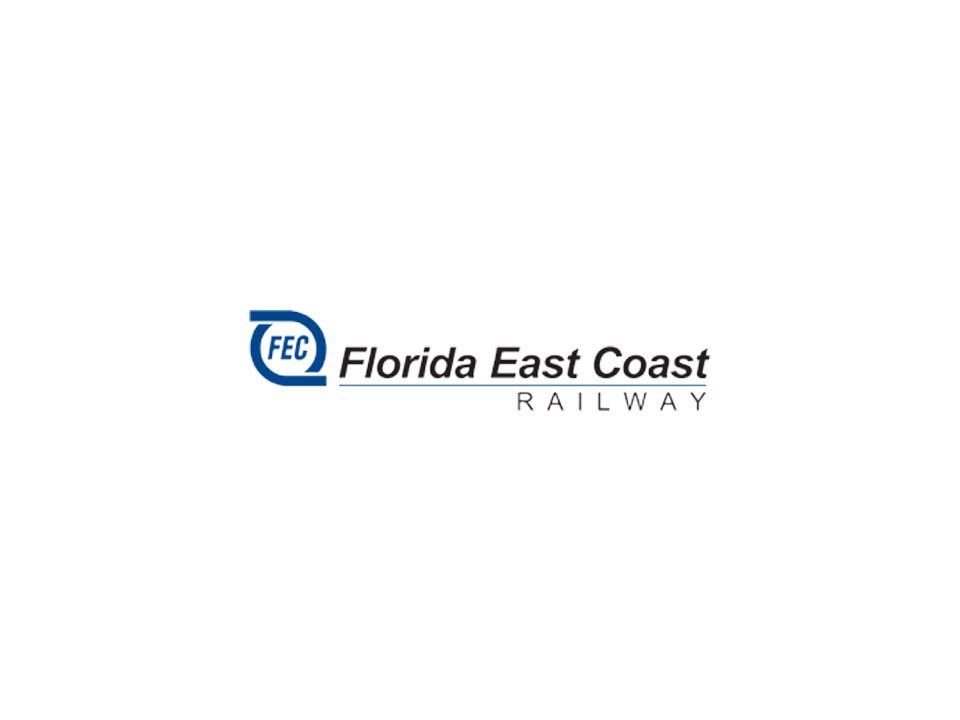
FECR’s Expanded Capabilities at PortMiami Benefit Seaboard Marine
January 2, 2015
FECR Supports DuPont Pioneer’s Global Supply Chain
February 19, 2015Aliquam ac dui vel dui vulputate consectetur. Mauris accumsan,
Jan 19, 2015 – Jacksonville Business Journal Jensen Werley
Some circus fans come for the elephants, the giraffes, the trapeze acts.
Some come to look at the train.
"Rail and circus go together like peanut butter and jelly," said John Williams, director of rail operations for Florida East Coast Railway, which is moving the Ringling Bros. and Barnum & Bailey Circus from Miami to Jacksonville on Tuesday, as it makes its way to its next stop in Nashville.
"It's an historic event," he said. "Rail fans come and take pictures of the trains as they pass by. Florida East Coast has been doing this for at least 32 years, but transporting the circus equipment and animals and people has been around since the railroad."
Maintaining that history is no easy task, Williams said. Staying on schedule is of the utmost importance: To be one minute late is unacceptable: "There's no buffer," he said.
That means doing as much as possible to eliminate delays, which occur more often than with regular freight.
Making it work means connecting key elements early on.
"If there are any issues, we have to check," Williams said. "Sometimes it runs late, but we still need to get them across our lines."
It takes four people to run the operation: a two-man crew on the locomotive (the conductor and the engineer), a supervisor and a utility man who follows the train on the road in case they need help.
That's more than what Florida East Coast usually needs: Freight trains are only manned with two people.
When the crew arrives in Jacksonville, they'll swap out with a new crew, and within 30 minutes the circus will be on the road via CSX to Nashville.
It takes 36 coach cars for the passengers, 21 equipment cars and 4 designated animal cars to pack in everything that fits under the big top.
The animal cars are specially designed to be larger than a normal freight car, so it can fit the lions (rolled into the car in cages) and elephants (walked onto the car).
The animal cars are climate controlled and loaded with water tanks, eliminating the need to stop.
For Williams, the joy of the move is something he said he looks forward to every year — with a particular joy when it's done.
"I always feel good when the train master calls when they get there," he said, "and he tells me they are on time and everything went well."
To view the original article visit: www.bizjournals.com

